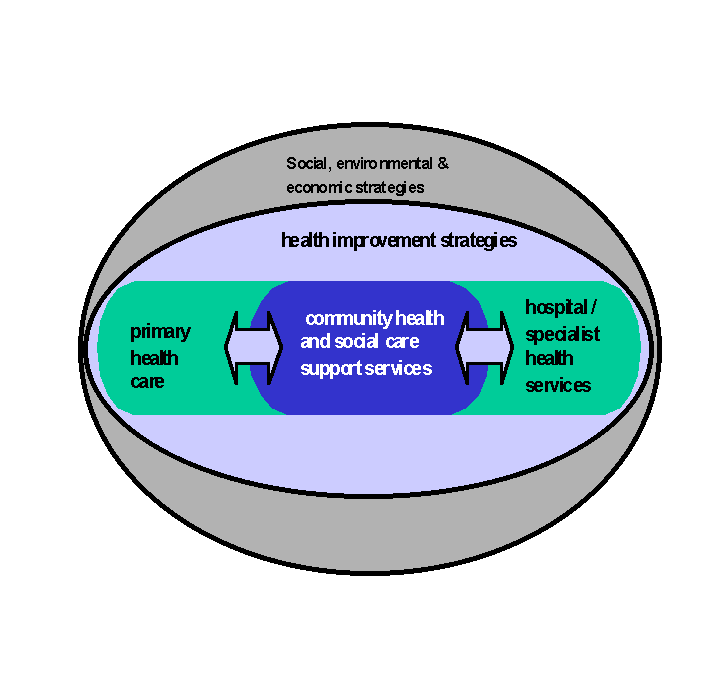
Factors That Influence Policy Drivers In Health And Social Care
• Social determinants of health include factors like socioeconomic status, education, neighborhood and physical environment, employment, and social support networks, as well as access to health care. Addressing social determinants of health is important for improving health and reducing longstanding disparities in health and health care. • There are a growing number of initiatives to address social determinants of health within and outside of the health care system. Outside of the health care system, initiatives seek to shape policies and practices in non-health sectors in ways that promote health and health equity. Within the health care system, there are multi-payer federal and state initiatives as well as Medicaid-specific initiatives focused on addressing social needs. These include models under the Center for Medicare and Medicaid and Innovation, Medicaid delivery system and payment reform initiatives, and options under Medicaid. Managed care plans and providers also are engaged in activities to identify and address social needs.
Beyond Health Care: The Role of Social Determinants in Promoting Health and Health Equity. Heiman and Samantha Artiga. Tools for Institutional, Political, and Social Analysis of Policy Reform A Sourcebook for Development Practitioners Washington, D.C. WHAT DO WE KNOW ABOUT THE ROLE OF SOCIAL FACTORS IN INFLUENCING HEALTH?
For example, 19 states required Medicaid managed care plans to screen for and/or provide referrals for social needs in 2017, and a recent survey of Medicaid managed care plans found that almost all (91%) responding plans reported activities to address social determinants of health. • Many challenges remain to address social determinants of health, and new directions pursued by the Trump Administration could limit resources and initiatives focused on these efforts. The Trump Administration is pursuing a range of new policies and policy changes, including enforcing and expanding work requirements associated with public programs and reducing funding for prevention and public health. These changes may limit individuals’ access to assistance programs to address health and other needs and reduce resources available to address social determinants of health. Interactual player downloads. Introduction Efforts to improve health in the U.S.
Drivers going to traffic violator school may erase. Have traditionally looked to the health care system as the key driver of health and health outcomes. However, there has been increased recognition that improving health and achieving health equity will require broader approaches that address social, economic, and environmental factors that influence health. This brief provides an overview of these social determinants of health and discusses emerging initiatives to address them. What are Social Determinants of Health?
Social determinants of health are the conditions in which people are born, grow, live, work and age. They include factors like socioeconomic status, education, neighborhood and physical environment, employment, and social support networks, as well as access to health care (Figure 1). Figure 1: Social Determinants of Health Addressing social determinants of health is important for improving health and reducing health disparities. Though health care is essential to health, it is a relatively weak health determinant.
Research suggests that health behaviors, such as smoking and diet and exercise, are the most important determinants of premature death (Figure 2). There is growing recognition that social and economic factors shape individuals’ ability to engage in healthy behaviors. For example, children born to parents who have not completed high school are more likely to live in an environment that poses barriers to health such as lack of safety, exposed garbage, and substandard housing. They also are less likely to have sidewalks, parks or playgrounds, recreation centers, or a library.